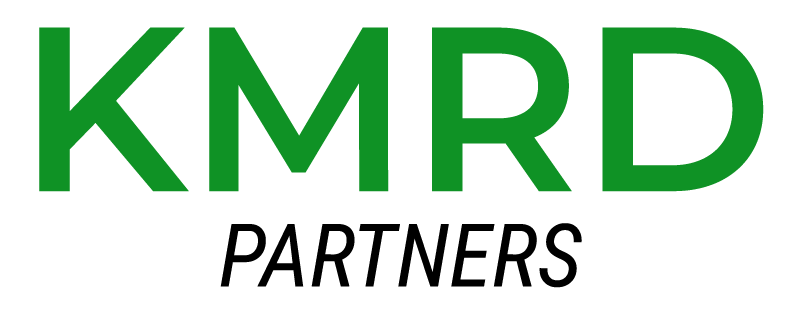Total Rewards: A Key Building Block to an Effective Talent Management Strategy
The business climate is hyper-competitive and in order for an organization to excel in the marketplace, attracting, retaining and motivating talent is essential. There is compelling evidence among top performing organizations that there is a solid link between business performance and effective talent management. Whether you are a growth-oriented middle market organization or a large enterprise, developing and managing an effective talent management strategy is essential to success. A total rewards model serves as a key building block in this strategy.
Total rewards balances monetary and non-monetary elements in a way that attracts, motivates and retains key talent. There are six (6) key elements…
1. Compensation: An organization should complete a compensation analysis to determine if it is competitive in base pay and variable pay. Not only do you need to look at the compensation practices of your key competitors, but also among other organizations not directly competing within your market. These organizations may have key talent you are attempting to recruit. If so, your compensation analysis must be broad enough to provide a meaningful benchmark. Engagement surveys often reveal compensation is not the most important item engaging employees; however, if we are not competitive with base and variable compensation we may not attract the right talent.
2. Benefits: Health, income protection and retirement programs serve an essential component for employees and their families. The regulatory environment has created many challenges for organizations, whether it is affordability or quality. Benefits represent a significant financial investment. Evaluate your current benefits package and look for opportunities to be creative. Consider various funding strategies, consumerism based plans, defined contribution arrangements/private exchanges, captive or self-funding arrangements in combination with a suite of voluntary products.
3. Work-Life Effectiveness: Work is demanding. We are constantly connected to the workplace. Organizations must focus on building a culture, policies and programs designed to help employees achieve success at work and home. This is an important issue for all employees, particularly the next generation of talent.
4. Recognition: Are you properly recognizing and rewarding employees? It is fundamental human nature to need to know if we are doing a good job. Successful organizations have effective programs in place to openly recognize and reinforce behaviors which lead to positive outcomes.
5. Performance Management: Performance management programs have been the subject of debate for decades. We are constantly in search of the perfect system. Organizations are now considering abandoning performance reviews altogether. Regardless of your philosophy and approach, a meaningful, ongoing dialogue about performance expectations, feedback and continuous improvement is essential for managing individual and team objectives. A well structure process also facilitates your recognition program.
6. Talent Development: Do not underestimate the value of developing your talent. People are intellectually curious and seek opportunities to enhance their competencies. Successful organizations provide formal and informal methods for employees to develop their skills. Even if you are competitive in compensation and benefits, you could lose a valued member of the organization due to a lack of investment in their development.
The KMRD employee benefits advisory team brings 25+ years of experience to employee benefits health insurance programs and is uniquely qualified to analyze, design, build, and implement client-focused employee benefits solutions which improve an organization’s ability to attract, retain and motivate talent. Contact us below to review your organization’s employee health benefits with a KMRD Advisory Services expert.
Contact us below to engage John Garber and discuss one or more of the employee benefits programs and solutions above.
Contact UsSee Employee Benefits Advisory About KMRD




